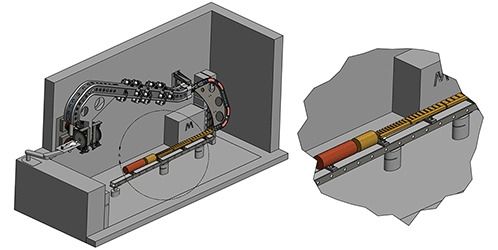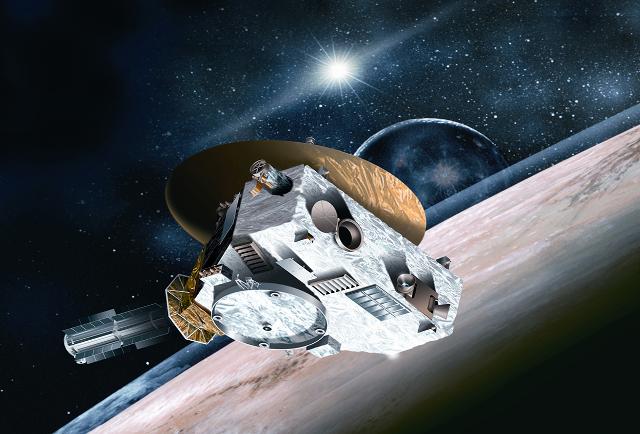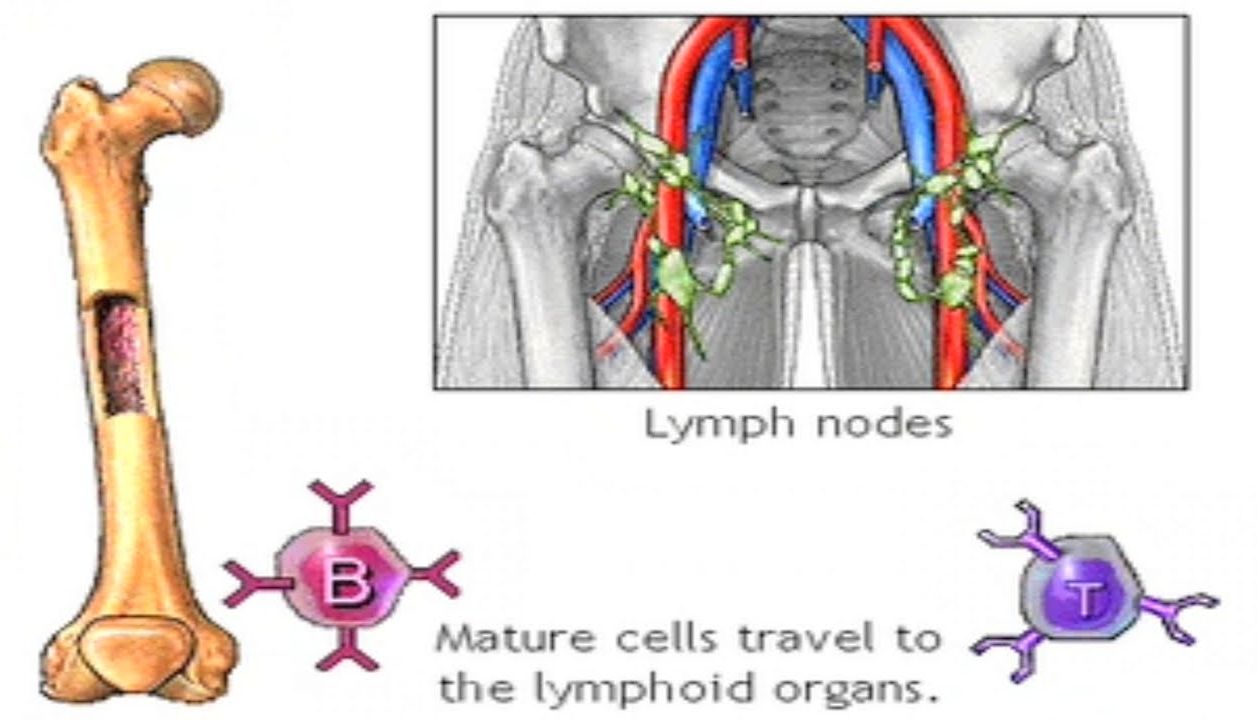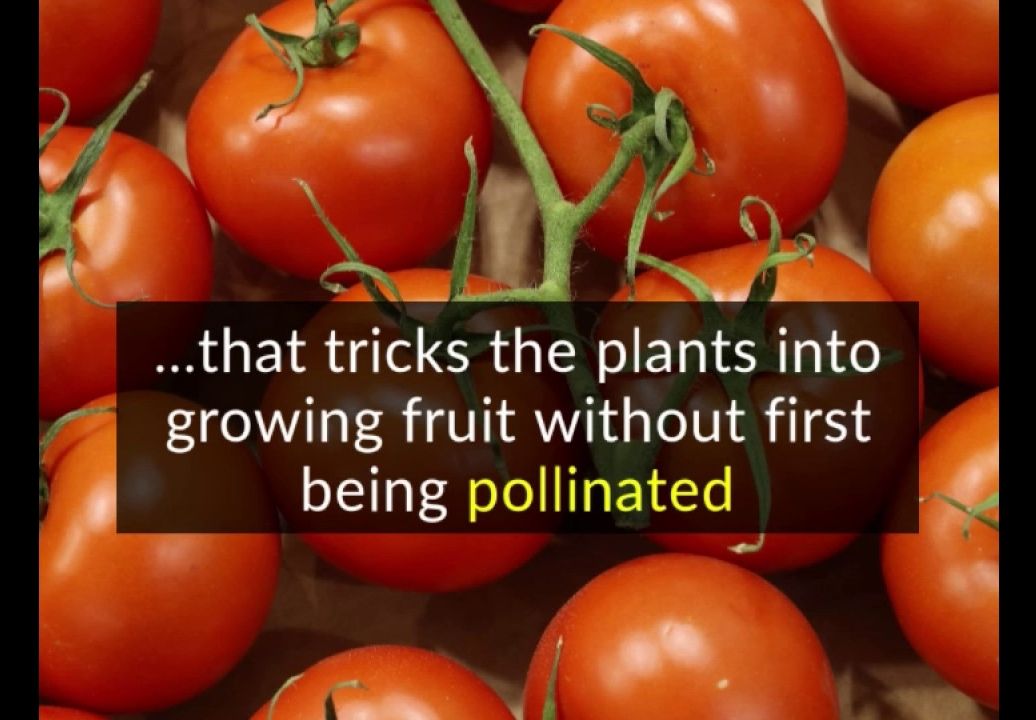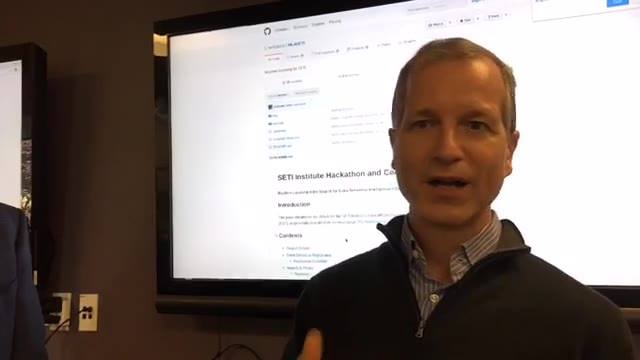Apr 13, 2017
Synopsis: A Room-Sized Linear Accelerator for Proton Therapy
Posted by Roman Mednitzer in category: biotech/medical
A proton beam can kill cancer cells, and the accelerators used for treatment are always the circular kind. Linear accelerators (“linacs”) allow more control of the beam; for example, the energy can be varied rapidly to match a patient’s breathing. But linacs take up a lot of space. Now researchers propose a design that could fit in a room 10 m x 20 m, potentially making linacs practical for patient therapy. Research from CERN.
